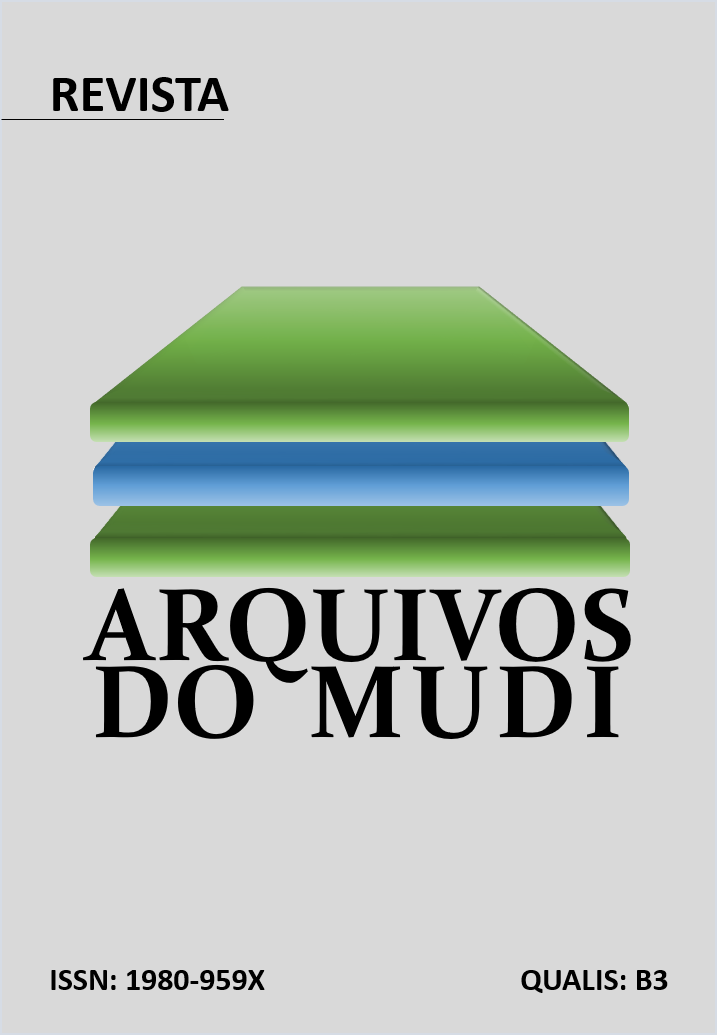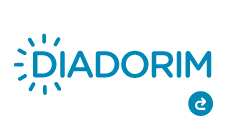A INFLUÊNCIA DAS DISCIPLINAS AMBIENTAIS MINISTRADAS EM CURSOS UNIVERSITÁRIOS NA SEPARAÇÃO SELETIVA DE RESÍDUOS DOMÉSTICOS
Resumen
O aumento da quantidade de resíduos sólidos tem levantado preocupações sobre o impacto em todo o mundo. Diante da intensificação da geração de resíduos, optou-se por questionar o possível impacto da carga horária das disciplinas ambientais da graduação na destinação dos resíduos. Assim, alguns cursos de graduação foram escolhidos, como: cursos noturnos da Universidade UniCesumar, como: Psicologia, Fisioterapia, Música, Engenharia de Software, Direito, Administração, Moda, Agronomia, Ciências Biológicas e Engenharia Civil. Posteriormente, foi necessário coletar as grades curriculares dos cursos, contendo disciplinas do primeiro ao último período. Para a classificação da carga horária, os cursos foram divididos em: nenhuma, uma, duas a três, quatro ou mais disciplinas relacionadas à ecologia ou sustentabilidade. A partir da categorização dos cursos, foi elaborado o questionário e definidas 16 questões, sendo 15 objetivas e 1 aberta. A coleta de dados foi realizada por meio de visita às salas do último período dos cursos. Com base nos dados coletados, verificamos que a maioria dos 52 alunos, que optaram por responder ao questionário, separavam o lixo doméstico. Entre a percentagem que não separa o lixo, analisa-se que 3 pessoas não o fazem porque não sabem fazer. Os dados mostraram que 86,5% das pessoas já conheciam sobre sustentabilidade e coleta seletiva. Destes, 33% afirmaram que seu conhecimento sobre o assunto aumentou após a graduação. Portanto, em nosso trabalho, verificamos que a separação do lixo doméstico não estava relacionada à carga horária dos cursos de graduação.
Descargas
Citas
DA CONCEIÇÃO, Mário Marcos Moreira et al. Crescimento populacional e geração de resíduos sólidos: o caso da região norte. Brazilian Journal of Development, v. 6, n. 2, p. 7936-7846, 2020.
FERREIRA, Fernanda Tiemi Nakashima; PROCOPIAK, Letícia Knechtel; CUBAS, Karina Guedes. O conhecimento sobre resíduos sólidos das funcionárias de serviços gerais de uma universidade do município de Curitiba. In: Congresso brasileiro de gestão ambiental. 2011.
GONZALEZ, Carlos Eduardo Fortes. Educação pela ação ambiental: a coleta seletiva de resíduos sólidos em um departamento de instituição superior de ensino. 2006. Dissertação de Mestrado. Universidade Tecnológica Federal do Paraná.
MACEDO, Maria Alexandra Alves Pinheiro Torres de; RAMOS, Maria da Conceição Pereira. Educação ambiental e resíduos sólidos urbanos: caminho para um futuro sustentável. EduSer-Revista de educação, v. 7, n. 2, p. 41-57, 2015.
MELO, Janaini Rodrigues; CINTRA, Leonardo Sette; LUZ, Claudia Noleto Maciel.
Educação ambiental: reciclagem do lixo no contexto escolar. Multidebates.
Disponível em:
https://revista.faculdadeitop.edu.br/index.php/revista/article/view/181/198. Acesso
em: 15 nov. 2022.
NETO, Roque Pinto de Camargo; BARBOSA, Márcio Nora; MENEZES, Gabrielito Rauter; ABDALLAH, Patrízia Raggi. Separação dos Resíduos Domésticos: Diferenciais Rural-Urbano no Brasil. ENABER, [S. l.], p. ., 15 ago. 2019. Disponível em: https://www.researchgate.net/profile/Roque-Neto-3/publication/325722731_Separacao_dos_Residuos_Domesticos_Diferenciais_Rural-Urbano_no_Brasil/links/5d0424f7a6fdcc39f11b64d2/Separacao-dos-Residuos-Domesticos-Diferenciais-Rural-Urbano-no-Brasil.pdf. Acesso em: 10 nov. 2022.
SILVA, Winnie Gomes da; HIGUCHI, Maria Inês Gasparetto; FARIAS, Maria Solange Moreira de. Educação ambiental na formação psicossocial dos jovens. Ciência & Educação, [S. l.], v. 21, n. 4, p. 1031-1047, 15 jun. 2015. Disponível em: https://www.scielo.br/j/ciedu/a/Jx4hZvHLJGPBf6kppqqc8LM/?lang=pt&format=pdf. Acesso em: 13 nov. 2022.
DECLARAÇÃO DE ORIGINALIDADE E DIREITOS AUTORAIS
Declaro que o presente artigo é original, não tendo sido submetido à publicação em qualquer outro periódico nacional ou internacional, quer seja em parte ou em sua totalidade.
Os direitos autorais pertencem exclusivamente aos autores. Os direitos de licenciamento utilizados pelo periódico é a licença Creative Commons Attribution 4.0 (CC BY ): são permitidos o acompartilhamento (cópia e distribuição do material em qualqer meio ou formato) e adaptação (remix, transformação e criação de material a partir do conteúdo assim licenciado para quaisquer fins, inclusive comerciais.

Recomenda-se a leitura desse link para maiores informações sobre o tema: fornecimento de créditos e referências de forma correta, entre outros detalhes cruciais para uso adequado do material licenciado.

















